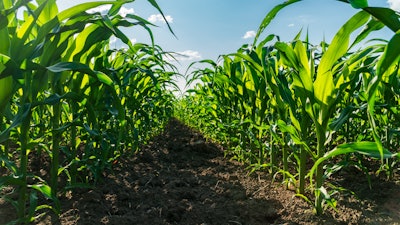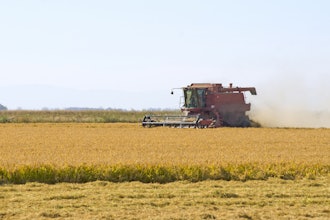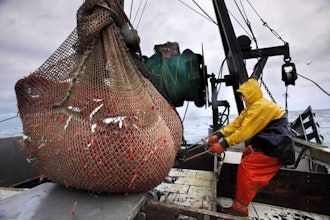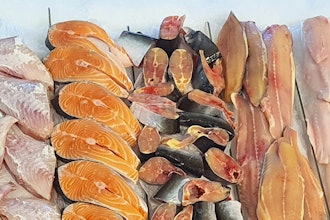
As global food security faces mounting challenges with 2.3 billion people experiencing food insecurity (FAO data), scientists have developed a breakthrough agricultural technology that could transform crop protection. Researchers from the University of Science and Technology of China (USTC), Tsinghua University, and Hefei University of Technology (HFUT) have created a novel single-atom copper pesticide that addresses the critical limitations of traditional copper-based pesticides. Their study demonstrates how single-atom material technology can revolutionize agricultural chemistry by maximizing copper utilization while minimizing environmental impact.
Traditional copper pesticides like Bordeaux mixture, first developed in 1885, remain widely used but suffer from significant drawbacks. These conventional formulations often lead to soil copper accumulation (up to 103 mg/kg), plant toxicity, and environmental pollution due to their low atomic efficiency.
The newly developed Cu1/CaCO3 pesticide represents a quantum leap forward. Through precise chemical precipitation methods, the researchers anchored single copper atoms (1.02 wt% content) onto calcium carbonate carriers, creating a unique local Cu-O4 structure confirmed by advanced microscopy and spectroscopy techniques.
Field tests showed remarkable results: the material (1500 mg/L) achieved 77.97% disease control efficacy against rice pathogen Pantoea ananatis. Most impressively, it reduced copper soil residue by 20-fold while maintaining excellent plant safety and non-target organism compatibility compared to traditional copper pesticides. Researchers have discovered that the material may work through key mechanisms, including attacking the protective membrane of harmful bacteria and disrupting their energy production systems. This innovative design not only maintains high antimicrobial activity but also addresses longstanding environmental concerns associated with copper pesticides.
“This breakthrough demonstrates how advanced materials science can provide practical solutions for sustainable agriculture,” commented Professor Wu. “By reimagining traditional pesticides at the atomic level, we've created a tool that could help feed the world while protecting our ecosystems.”
The research opens up new avenues for green pesticide development and marks an important step in applying single-atom materials to address agricultural challenges. With its combination of high efficacy and environmental safety, Cu1/CaCO3 represents a promising alternative to conventional copper pesticides in global crop protection strategies.
The international team, led by Professor Yuen Wu and Associate Researcher Kong Chen from the State Key Laboratory of Precision and Intelligent Chemistry (USTC), in collaboration with Professor Jun Li from Tsinghua University and Professor Feng Wang from HFUT, published their findings in Science Bulletin.






















